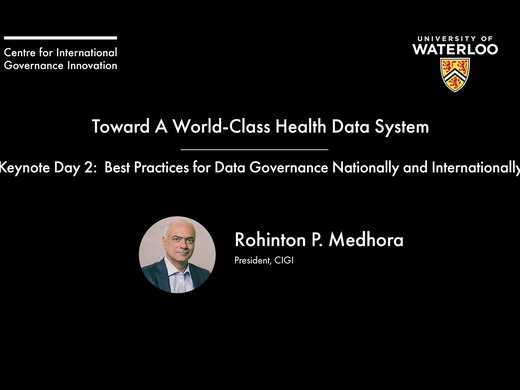Young people aged 15 to 35 comprise one-third of the world’s population, yet they are largely absent from decision-making fora and, as such, unaccounted for in policy making, programming and laws. The disenfranchisement of displaced youth is a particular problem, because it further marginalizes young people who have already experienced persecution and been forcibly displaced. This paper aims to demonstrate the importance of including displaced youth in governance and decision making, to identify key barriers to engagement that displaced youth face, and to highlight effective strategies for engaging youth. Comprehensive financial, legal, social and governance reforms are needed in order to facilitate and support the meaningful engagement of youth in the refugee and IDP systems. Without these reforms and partnerships between youth and other diverse stakeholders, it will be difficult to achieve sustainable solutions for forcibly displaced populations and the communities that host them.


